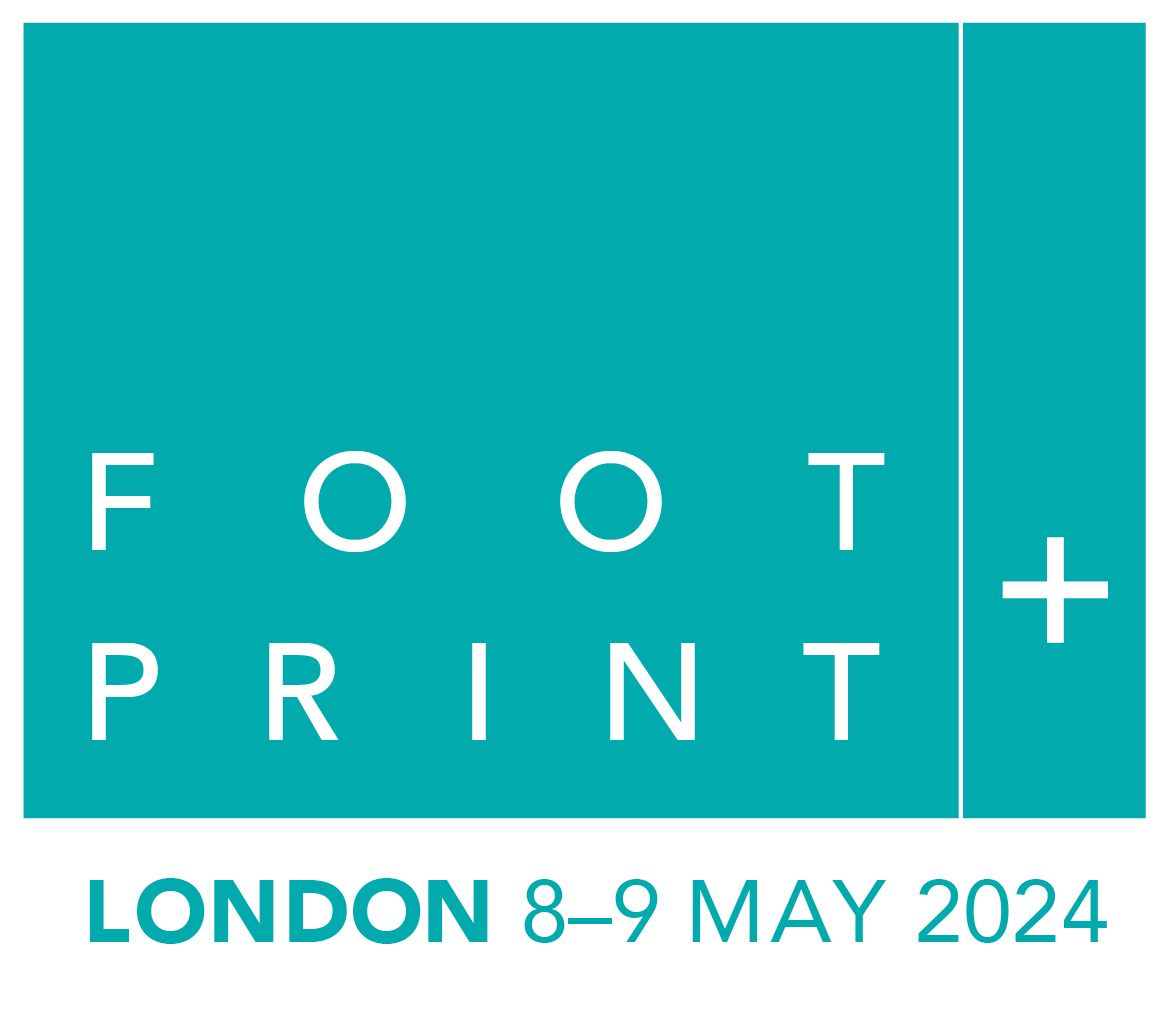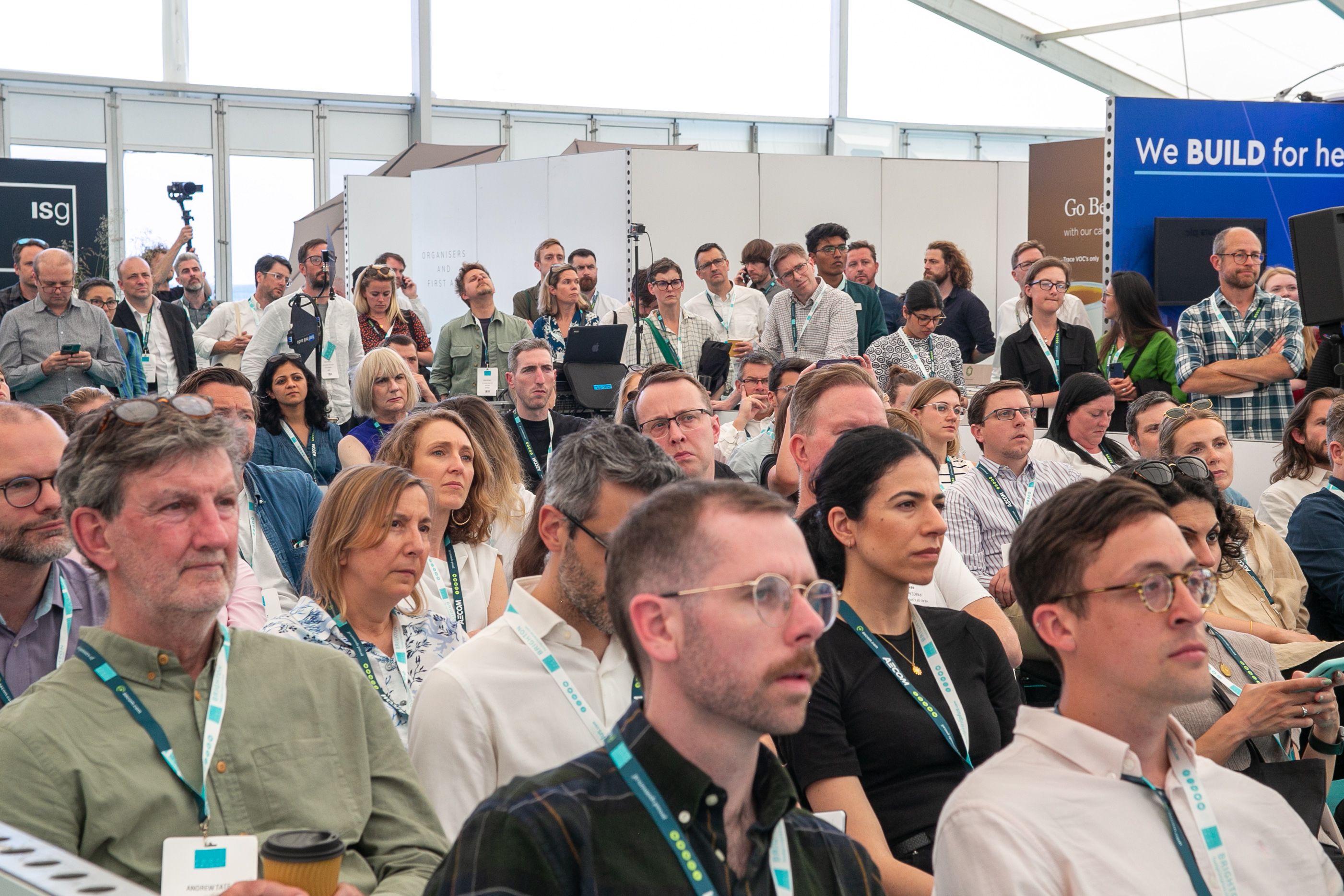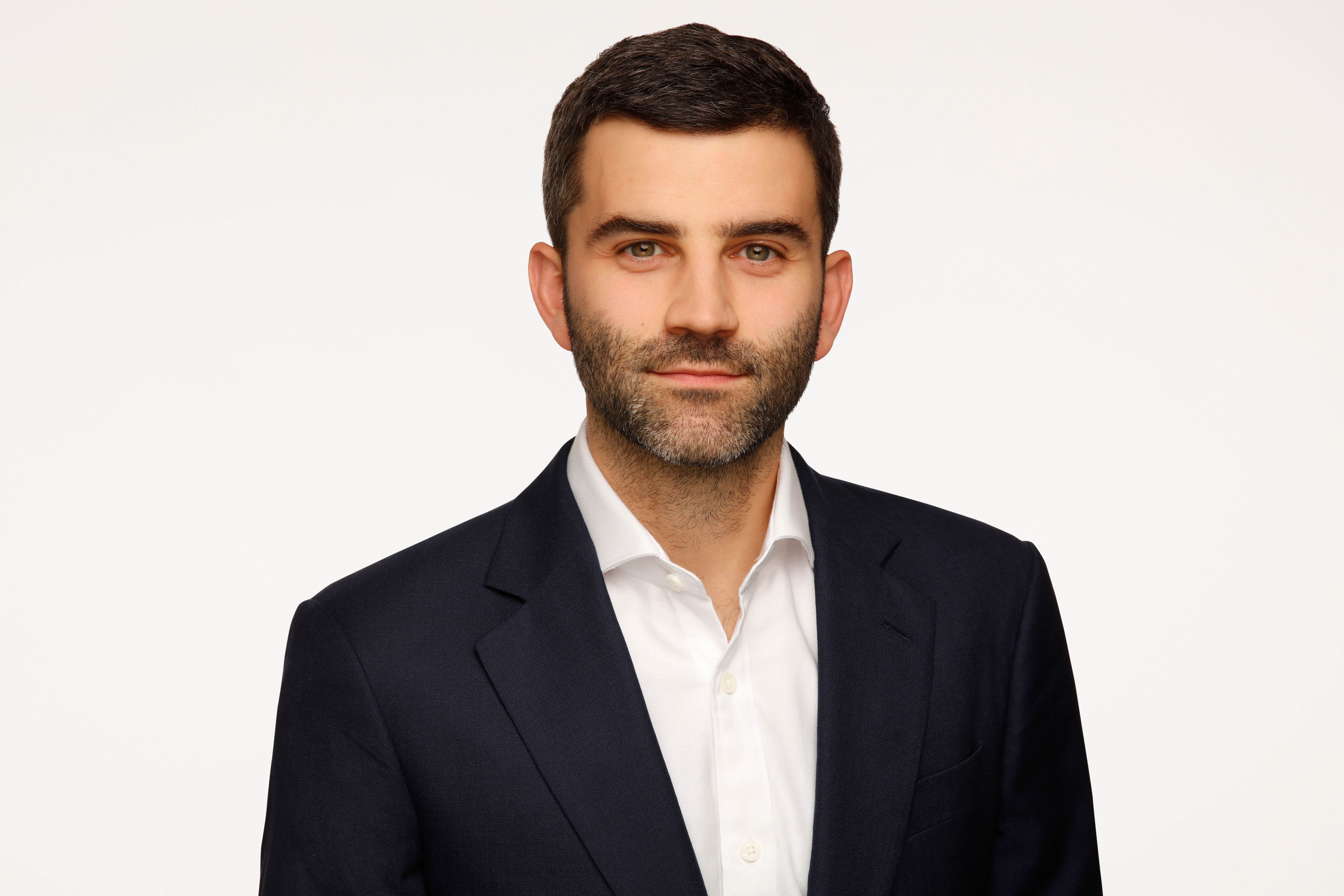Zero Carbon development embraces the circular economy
Castleforge’s redevelopment in Golden Lane reimagines a heritage asset at the heart of the city. Sustainability has been a key driver for the client with a variety of certifications undertaken and a desire to get the project recognized as Net Zero in Operation and Construction within the current UKGBC framework.
Using Circular Economy principles has been key to minimising embodied carbon; there have been challenges and successes. A low-carbon timber extension would have significantly increased embodied emissions due to the fire protection measures necessary and over-cladding existing facades was unviable due to the poor structural condition. However, successes have included salvaging steel from the original building, enabling the addition of four storeys without any foundation strengthening and a thorough deconstruction process ensured 96% of the existing structure is retained along with other elements.
Uno also demonstrates the challenge to resolve the demands of NABERS accreditation alongside TM54 and TM65 within a heritage building. Ultimately these analyses result in an improved building through:
- striking a balance with the thermal upgrade to the envelope
- reduced energy in-use
- increased user comfort
In this session we demonstrate how measuring carbon emissions at each design stage ensures that decisions are taken in an informed manner for the lowest carbon project overall.







